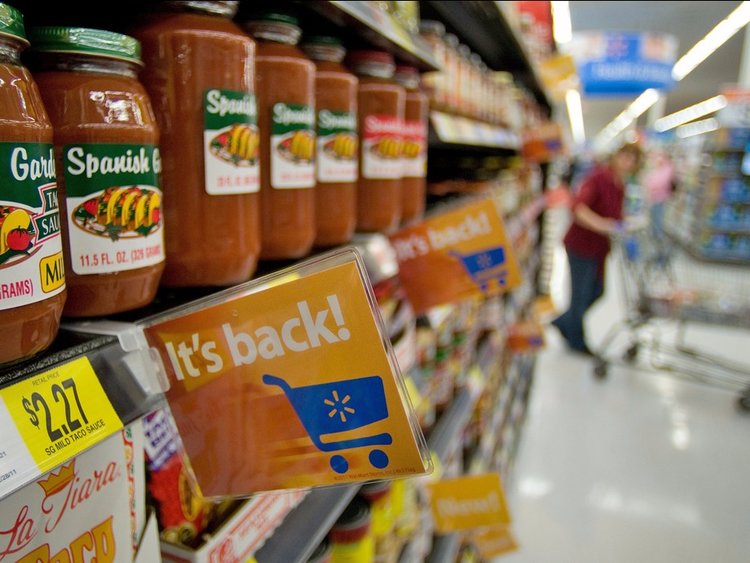Economy
Inflation Rises to 17 Year High in Nigeria
Inflation rate, grew at a 19.64% rate in July, the highest since September 2005 when inflation peaked at 24.32%

Prices of goods and services rose to a 17-year-high in Africa’s largest economy Nigeria in the month of July, the National Bureau of Statistics (NBS) reported on Monday.
The Consumer Price Index (CPI), which measures the inflation rate, grew at a 19.64% rate in July, the highest since September 2005 when inflation peaked at 24.32%. This was 1.04% higher than the 18.60% recorded in June 2022.
On a monthly basis, inflation expanded by 1.817%, an increase of 0.001% from 1.816% filed in June 2022.
As expected, food inflation also grew by 0.99% from 21.03% year-on-year in July 2021 to 22.02% in July 2022. According to NBS, the increase in the food sub-index was caused by increases in prices of Bread and cereals, Food products n.e.c, Potatoes, yam and other tubers, meat, fish, oil, and fat.
On a month-on-month basis, the food inflation rate in July was 2.04%, this was a 0.01% insignificant decline compared to the rate recorded in June 2022 (2.05%). This decline is attributed to a reduction in the prices of some food items like Tubers, Maize, Garri, and Vegetables.
Rising economic uncertainties amid a series of policy changes like the increase in duty on imported raw materials, high electricity tariffs, fuel, etc needed to manufacture the necessary food items are responsible for the persistent increase in inflation.
Also, the extended decline in the value of the Nigerian Naira against its global counterparts has made foreign goods or imported goods expensive for Nigerians. Therefore, manufacturing companies are now passing the increase to final consumers already struggling with low earnings and a high unemployment rate.